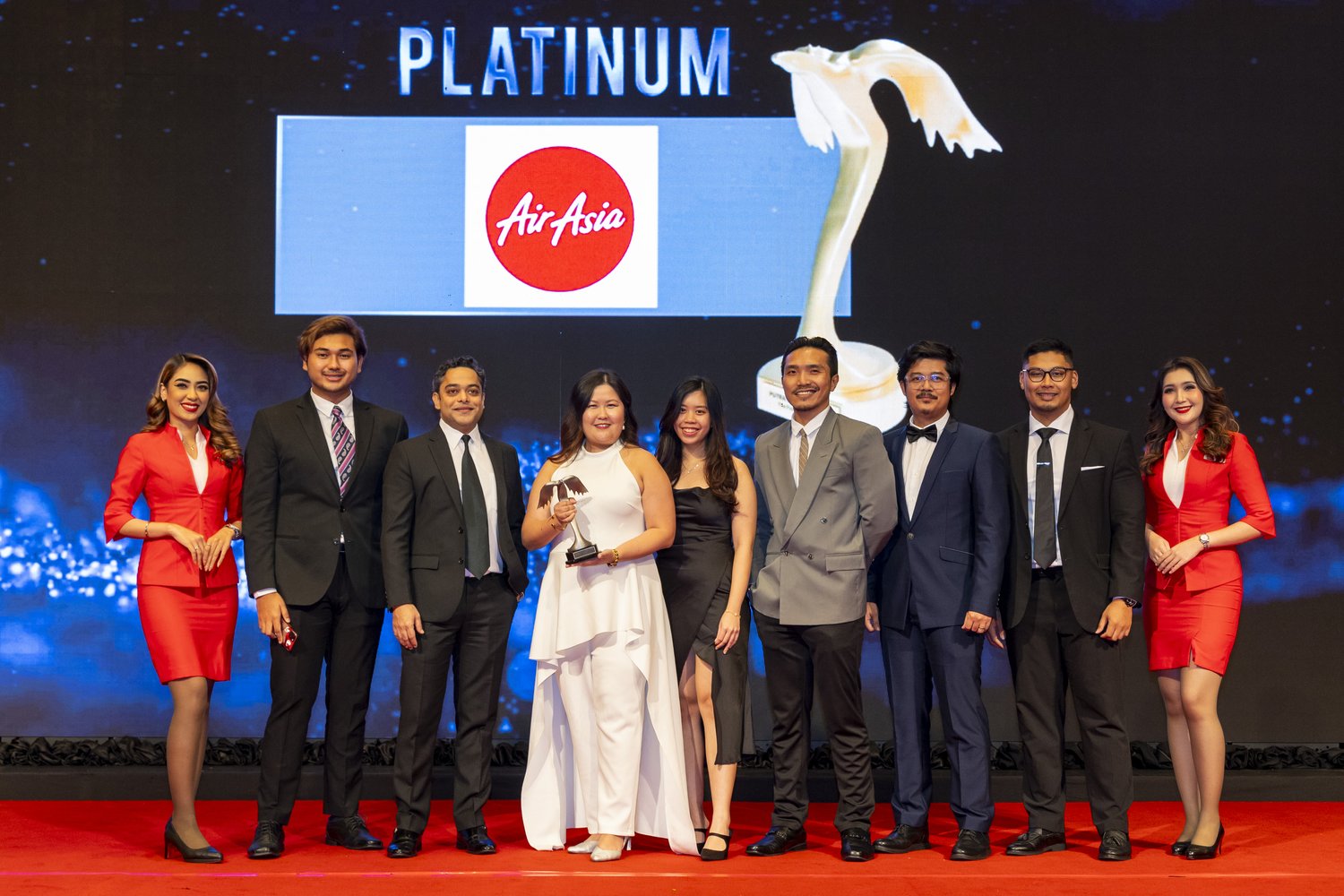Search Blog
Hit enter to search or ESC to close
Trending Now
AirAsia wins Platinum in travel category at Putra Brands Awards
- Get link
- X
- Other Apps
Touch ‘n Go Wins Super Aspiring Brand Award in the Lifestyle Category at the Shopee Super Awards 2023
- Get link
- X
- Other Apps
Siti Aminah Jalal
- Get link
- X
- Other Apps
Reading Time
Labels
During Ramadan, millions of Muslims around the world focus on inner reflection and fast from dusk until dawn. The ongoing circumstances continue to change our lives in many different ways, especially during occasions and festivities. As a result of restricted movement, Muslims will observe the Holy Month from the comfort of their homes. If you fast during Ramadan, not only do you change your eating and sleeping patterns, but your body’s biological clock also undergoes a series of changes both physically and mentally. Dehydrated and hungry due to fasting, your body slows down your metabolism in order to use energy as efficiently as possible.
But you can still manage to fast and capture the spirit of Ramadan simply by drinking enough water and watching what you eat during sahur (the meal period before sunrise) and after iftar (the meal period after sunset).

Understanding Your Nutritional Needs
During Ramadan, to meet the amount of energy and nutrients your body needs during the day, you should eat foods rich in protein, carbohydrates, vitamins, and minerals, and you should make sure to drink enough water before your fast.

At the same time, this does not mean that you should eat everything you need at once during sahur. If you do that, your body cannot utilize the energy intake all at once, which may result in weight gain. This is because your metabolism adapts to eating patterns during Ramadan.
Adults need to drink 3 to 4 liters of water a day. Even though you get 40 percent of this amount from foods, fruit juice, mineral water, tea, and other beverages, you should still drink 1.5 and 2.5 liters of water a day. This means you should drink two or three glasses of water every hour from iftar to sahur.
But you can still manage to fast and capture the spirit of Ramadan simply by drinking enough water and watching what you eat during sahur (the meal period before sunrise) and after iftar (the meal period after sunset).

Understanding Your Nutritional Needs
During Ramadan, to meet the amount of energy and nutrients your body needs during the day, you should eat foods rich in protein, carbohydrates, vitamins, and minerals, and you should make sure to drink enough water before your fast.

At the same time, this does not mean that you should eat everything you need at once during sahur. If you do that, your body cannot utilize the energy intake all at once, which may result in weight gain. This is because your metabolism adapts to eating patterns during Ramadan.
Adults need to drink 3 to 4 liters of water a day. Even though you get 40 percent of this amount from foods, fruit juice, mineral water, tea, and other beverages, you should still drink 1.5 and 2.5 liters of water a day. This means you should drink two or three glasses of water every hour from iftar to sahur.
What to Eat and What to Avoid
One of the most common mistakes is to eat snacks after iftar in order to suppress your appetite and then go to sleep, skipping sahur and staying hungry until the next iftar. You should always eat during sahur, preferably right before fasting starts. Eating before bedtime or avoiding eating during sahur may cause serious low blood sugar problems and dehydration the next day. As a result, you could feel dizzy and find difficulty in focusing during the day.
So, what should you eat during sahur to feel more energetic throughout the day? A light, healthy and filling breakfast is a great option. Before sunrise, you can eat dairy products and fresh vegetables such as cheeses, eggs, tomatoes, and cucumbers. Additionally, you can always enjoy a soup, vegetables cooked in olive oil and fruits.
This combination meets your body’s daily energy, vitamin and protein needs. In addition to fruit, you should eat whole wheat bread and pasta or dates, figs, whole grains and seeds that are rich in carbs and fibers, which are good for your digestive system.
Dried fruits, walnuts and almonds are also great food supplements. They can make you feel full for long hours throughout the day. It’s not just the variety of food you eat, but also the portions that play a decisive role in your nutrition. You should choose smaller portions and eat wisely.
Staying Healthy and Hydrated During Ramadan
During Ramadan, you should avoid daily activities that can dehydrate your body, especially during hot days. If you work in hot weather conditions or are a professional athlete who wants to fast, use food supplements for a balanced and healthy diet that will support your daily activities.
If you regularly exercise you should continue to meet your daily energy, protein, and water needs during the times you are not fasting. Additionally, lower your exercise duration by 30 percent during Ramadan.
Breaking the fast with easily digestible foods is a good, healthy option too. During Ramadan, people tend to eat a lot of food very quickly after many long hours of fasting. But try breaking your fast with soup, then water, fresh-squeezed fruit juice, so you can hydrate your body after a long day of dehydration, and then eat the main course 10 or 15 minutes later. This will prevent excessive food intake by giving you a sense of fullness, which in turn will help your digestive system.
For the main course, grilled, boiled or steamed meat, chicken or vegetable dishes are good options. By chewing your food thoroughly and taking a walk an hour or two hours after iftar, you can aid your digestive and cardiovascular systems.
Ramadan is indeed a sacred time of year and fasting is an important part of this holy month, but as you can see, there are plenty of options available to fast and stay healthy and nourished.
By Ismet Tamer, M.D., PhD - Member, Nutrition Advisory Board
You May Also Like
Affordable, Simple, and Accessible: DearTime Launches as Malaysia’s First Life Insurer in the BNM Sandbox
- Get link
- X
- Other Apps
Onboarding Suppliers to Accelerate Responsible Supply Chain Management
- Get link
- X
- Other Apps
HONOR Launches New Tablets, HONOR Pad X8a Available in LTE and Kids Edition Starting at RM699
- Get link
- X
- Other Apps
LG’S New 32HR734S 4K Surgical Monitor with Mini LED Technology Delivers Outstanding Image Quality
- Get link
- X
- Other Apps















